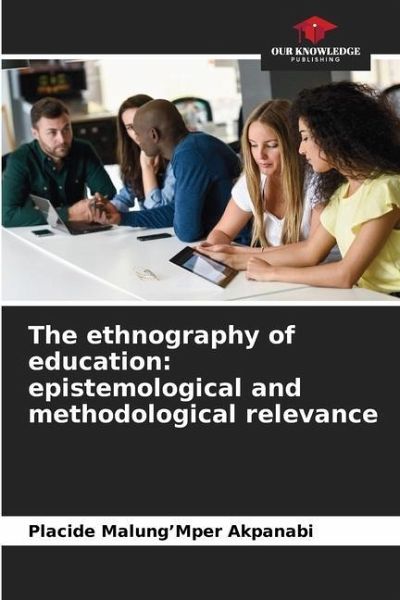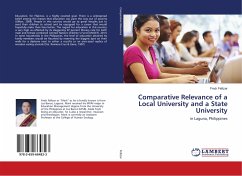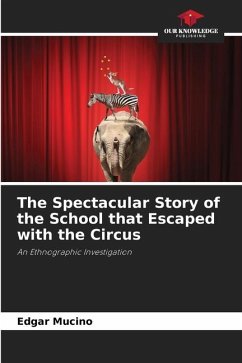
The ethnography of education: epistemological and methodological relevance
Versandkostenfrei!
Versandfertig in 6-10 Tagen
25,99 €
inkl. MwSt.

PAYBACK Punkte
13 °P sammeln!
This book is our contribution both to the adventure of the ethnography of education and to our African perspective on this issue with its colonialist past. It provides a synthesis of the authors of ethnography of education, which is both complete and clearly presented, with the aim of establishing on a scientific level an approach that is little recognised in educational research, but which we consider to be very important for a detailed understanding of educational phenomena through an overview of successive educational policies and the state of research in this field. He identifies the diffi...
This book is our contribution both to the adventure of the ethnography of education and to our African perspective on this issue with its colonialist past. It provides a synthesis of the authors of ethnography of education, which is both complete and clearly presented, with the aim of establishing on a scientific level an approach that is little recognised in educational research, but which we consider to be very important for a detailed understanding of educational phenomena through an overview of successive educational policies and the state of research in this field. He identifies the difficulties of being an ethnographer in the Democratic Republic of Congo, in particular that of being taken "for an enemy or a whistleblower", because the "ethnographers from the inside" perceive in advance the stakes of the situations studied, in particular the political and economic instability and the state of mistrust of the players. The description of the teachers' 'survival strategies', oftheir lives as 'teachers' in the fields, and of the pupils' strategies are very much in line with the themes currently being raised by various works and studies in the field of ethnography.












